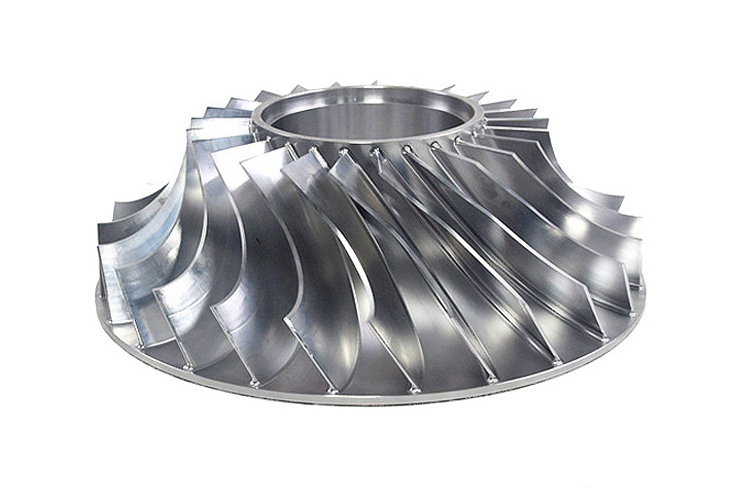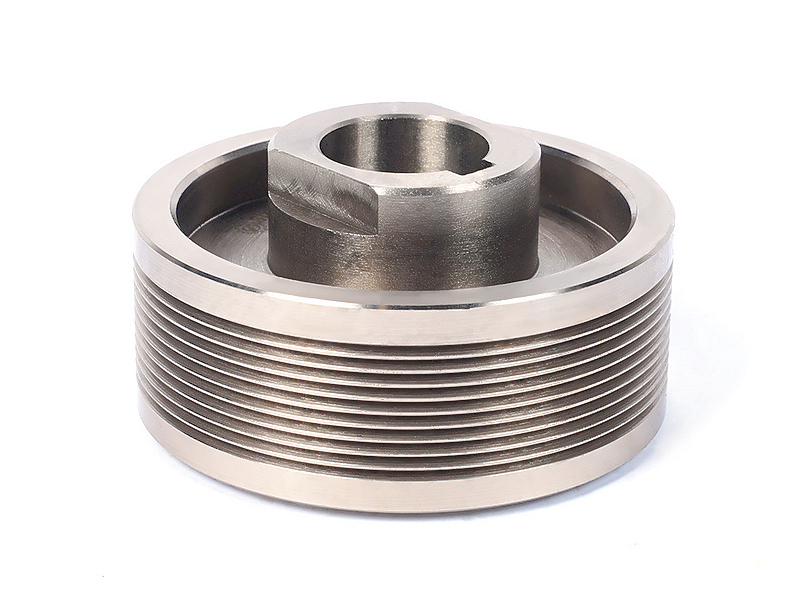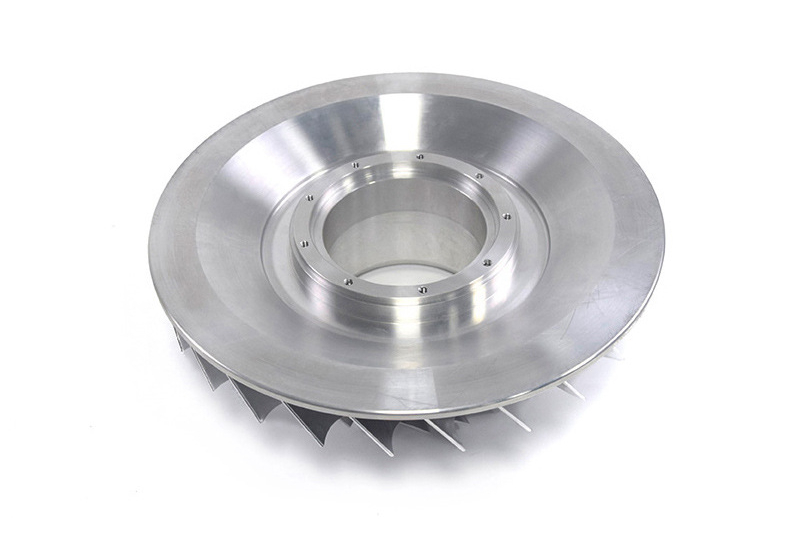What are the main differences between machining TC4 (Ti-6Al-4V) and other titanium alloys?
From an engineering and manufacturing standpoint, machining TC4 (Ti-6Al-4V, Grade 5) presents a distinct set of challenges and considerations compared to other titanium alloys, primarily due to its specific metallurgy, which lies between the alpha and beta families. The main differences stem from composition, strength, thermal properties, and resultant machinability.
Metallurgical Composition and Microstructure
TC4 is an alpha-beta alloy, with aluminum stabilizing the alpha phase and vanadium stabilizing the beta phase. This balanced structure gives it excellent all-around mechanical properties. In contrast, commercially pure (CP) titanium grades (e.g., Grade 2) are predominantly alpha, making them softer, more ductile, and generally easier to machine but with lower strength. Beta alloys, such as Ti-15V-3Cr-3Sn-3Al (Ti-15-3), are richer in beta-stabilizing elements. These alloys are often machined in a solution-treated state where they are more ductile, but they can achieve very high strength after aging, which can increase difficulty in secondary machining operations due to extreme hardness.
Machinability and Tool Wear
TC4 is often considered the benchmark for titanium machinability, but it is still a challenging material. Its relatively high strength (ultimate tensile strength ~900 MPa) and maintaining that strength at elevated temperatures lead to high cutting forces and significant tool pressure. The primary issue is its low thermal conductivity, which causes heat to concentrate at the tool-workpiece interface instead of being carried away with the chip. This leads to rapid tool wear, plastic deformation of the cutting edge, and work hardening if parameters are incorrect. Compared to softer CP titanium, TC4 demands more robust tooling, lower cutting speeds, and aggressive cooling. When compared to aged beta alloys like Ti-5Al-5V-5Mo-3Cr (Ti5553), TC4 can be less demanding as aged beta alloys achieve strengths exceeding 1100 MPa, making them exceptionally abrasive and tough on cutting tools.
Thermal Management and Chip Control
The low thermal conductivity common to all titanium alloys is a critical factor in TC4 machining. However, its specific chip formation behavior differs. TC4 produces a segmented "saw-tooth" chip, which is a result of adiabatic shear. While this can theoretically reduce total cutting energy, it creates thin, sharp chips that pose a risk of tangling and can impede effective coolant flow to the cutting zone. Effective chip evacuation is paramount and often requires high-pressure, high-volume coolant systems through the toolholder. Processes like our CNC Milling Service and CNC Turning Service are optimized with these parameters in mind. In contrast, the more ductile CP titanium can produce long, stringy chips, while some high-strength beta alloys may produce even more fragmented but highly abrasive chips.
Tooling and Process Strategies
Machining TC4 successfully requires a dedicated strategy. Carbide tools with sharp, polished geometries and specialized coatings (e.g., PVD AlTiN) are standard. Rigidity in the machine tool, workpiece, and fixture is non-negotiable to combat the material's tendency to vibrate and cause chatter. Trochoidal milling and peck drilling are often employed to manage tool engagement and heat. For even more challenging alloys, such as those in the Superalloy CNC Machining Service category, these strategies are pushed to their limits, and sometimes non-conventional methods like Electrical Discharge Machining (EDM) become necessary. Furthermore, post-processing heat treatments like Heat Treatment for CNC Machining can be applied to TC4 to relieve stresses, but this is a common step across many high-performance titanium alloys.
Application-Driven Selection
The choice of alloy is fundamentally driven by the application. TC4's excellent balance of strength, weight, corrosion resistance, and biocompatibility makes it the default for aerospace structures and Medical Device components like implants. When higher static strength or fatigue performance is required, a beta alloy like Ti5553 might be selected, accepting the greater machining difficulty. For purely corrosion-resistant applications where strength is less critical, the easier-to-machine CP titanium is the economical choice. Our Precision Machining Service is equipped to handle this entire spectrum, selecting the optimal parameters and toolpaths for each specific titanium grade to ensure part integrity and cost-effectiveness.



